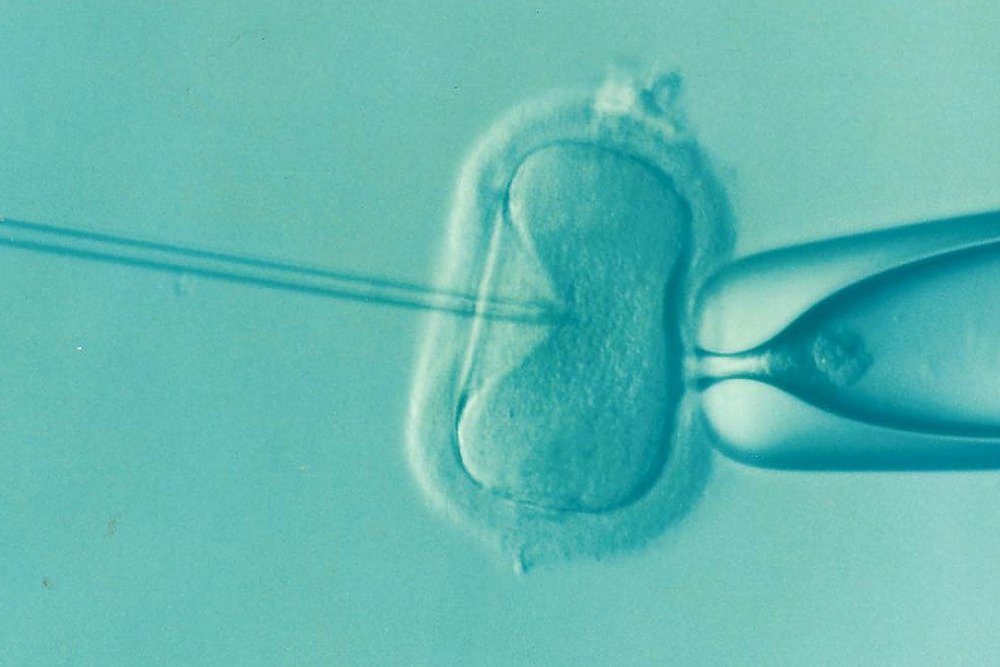
Nearly two-thirds of people in Jersey undergoing IVF treatment go into debt to pay the costs of the cycle.
That's according to a survey done by fertility charity Tiny Seeds, which estimates the average cost of treatment to be £17,689.
In Jersey, government funding for IVF treatment is means-tested on a financial basis, rather than a clinical one - the only place in Europe to do so.
A couple mustn't earn more than £34,130 to qualify for full funding, or have a joint income of £34,130 - £40,795 to get funding with a £220 'nurse admin fee'.
Chloe Fosse, Operations director at Tiny Seeds, says that the numbers are frustrating.
"Nobody that has responded to the survey has received that funding because the salary bar is set so low.
The government released statistics last year that the average salary was £860 per week, which is around £44,000 per year and that's just for a single person."
64% say that they need to borrow money to cover the cost, either from friends or family or through bank loans and credit cards.
Chloe tells Channel 103 that people are having to make difficult decisions.
"The number of cases they are having to delay access to treatment so that they can save up to go and in a small number of cases they aren't able to have it.
One of the findings that stand out as well is that 60% of people say that they are delaying other milestone purchases, like buying a house or moving, in place of IVF.
One woman has actually sold her home and moved into rental accommodation so she can pay for treatment."
Close to 90% of respondents to the Tiny Seeds survey said that the cost of living in Jersey had affected their ability to pay for treatment and almost all said it had negatively affected their mental health.
She also says that 'it's widely accepted' in government that the funding mechanisms aren't 'fit for purpose'.
"It's frustrating. We have had positive conversations with the Health Minister, Deputy Karen Wilson and we are working with the Policy and Research team.
We are hopeful that change is coming. Its been indicated that change will come, but at the moment we don't know when it will come or what that change will look like."
You can read the full survey here.


 Former CI Co-op boss awarded more than £3m
Former CI Co-op boss awarded more than £3m
 Jersey-grown food tested for PFAS levels
Jersey-grown food tested for PFAS levels
 Guernsey Airport releases former Blue Islands aircraft
Guernsey Airport releases former Blue Islands aircraft
 KLM revives direct flights from Jersey to Amsterdam
KLM revives direct flights from Jersey to Amsterdam
 Record retirement year for Rhona's
Record retirement year for Rhona's
 Cheaper parcel prices for 2026
Cheaper parcel prices for 2026
 Draft Food Law lodged to protect people with allergies
Draft Food Law lodged to protect people with allergies
 WATCH: Last Blue Islands plane leaves Jersey
WATCH: Last Blue Islands plane leaves Jersey




